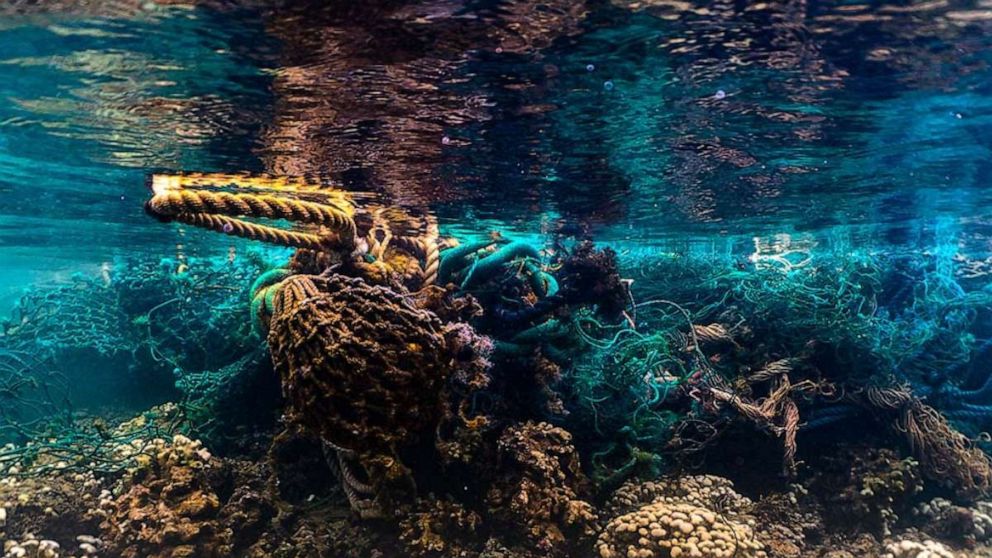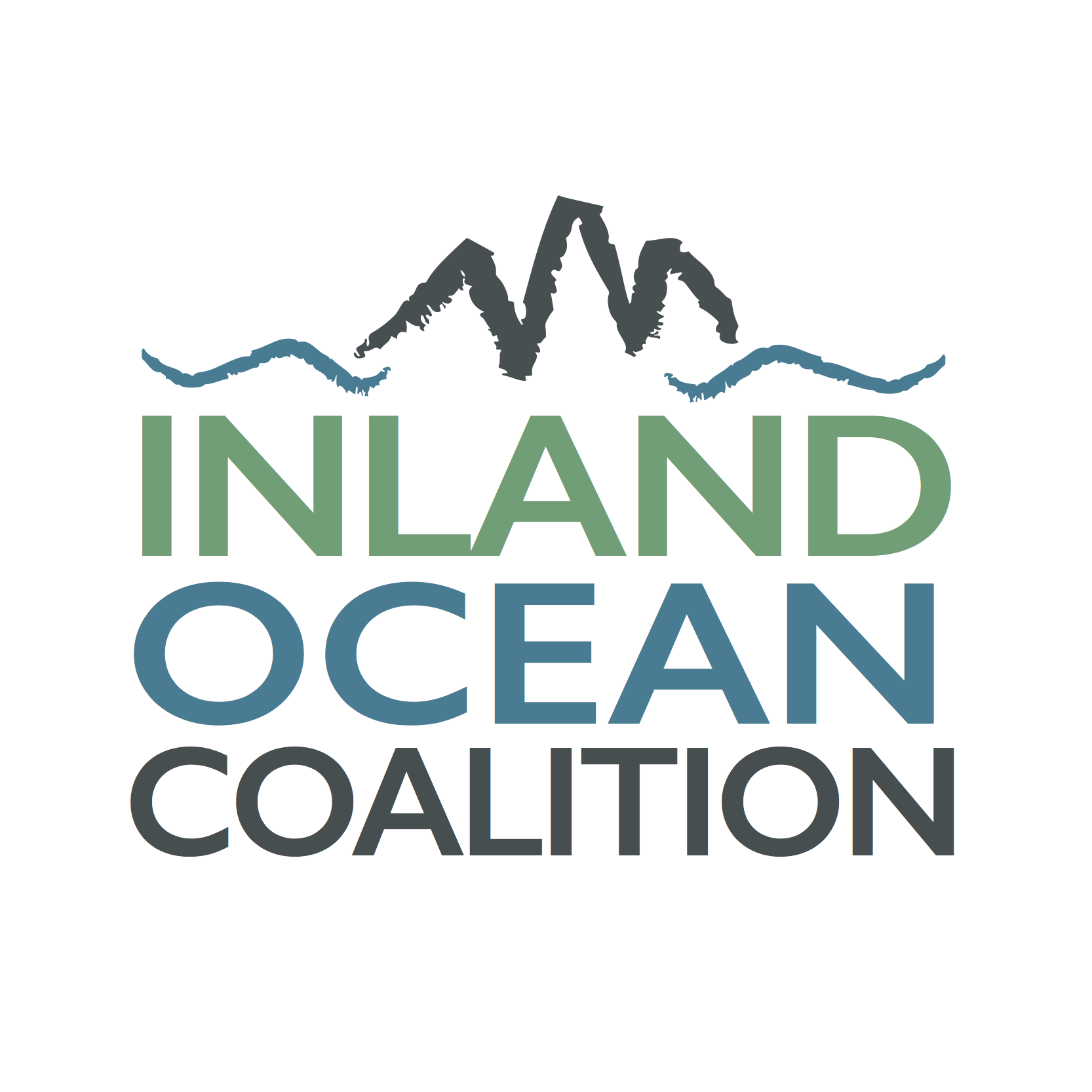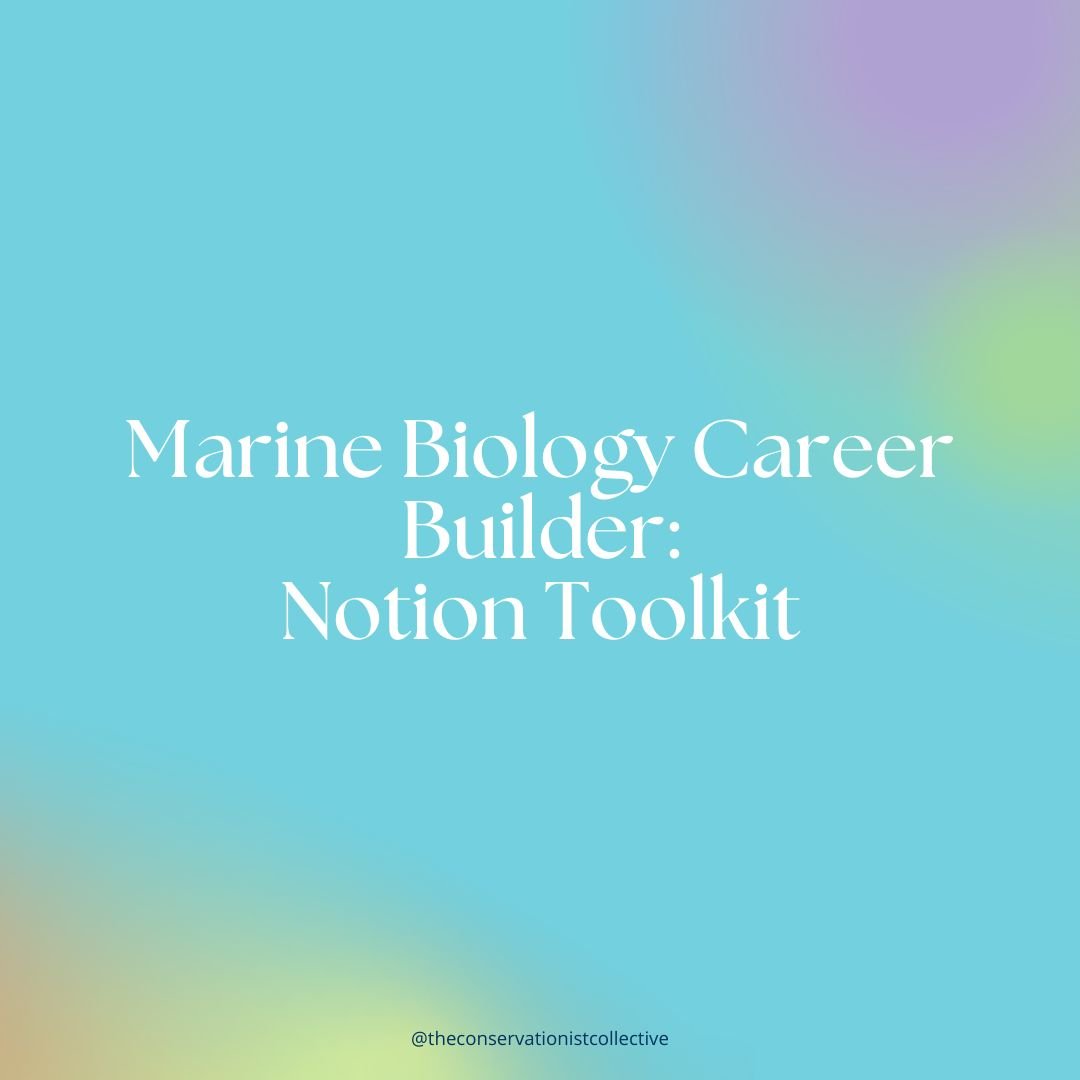- The Ripple
- Posts
- The Ripple - February 2023
The Ripple - February 2023
A Blue Newsletter
It's February! That means another drop of The Ripple, a monthly newsletter by The Conservationist Collective, crafted specifically for ocean people. Every month we share the latest global ocean news, announce what we are working on, and provide you blue opportunities to dedicate your very own blue career toward protecting our ocean. This month was especially exciting with HUGE steps of progress and so many job opportunities.
It's Valentines Day: Fifty Shades of Blue 💙
Happy love month! Ocean animals might be some of the most loving - but they show it in different ways. Here are our top 4 ways that marine life treat their mates. We hope you never forget them, because they are amazing.

Under the Hood: What's New at TCC?
TCC Joins Deep Sea Mining Bans in Hawai'i
Our organization joined the coalition to ban deep sea mining alongside many other conservation groups in Hawai'i. Hawai'i legislature proposed the bill after similar coastal protections were passed in California and Oregon. Hawai'i state waters don't house many mineral nodules, making it an unlikely site for future mining. However, the bill would prevent companies from basing their operations our of Hawai'i in pursuit of nodules in the North Pacific, one of this largest potential hotspots of mining. If passed, the proposed Senate Bill 376 would:
1) prohibit mining, extraction, and removal of minerals from sea beds in Hawai'i
2) prohibit permitted development or operation of any associated seabed infrastructure
The deep sea is one of the least explored places on our planet, and a critical carbon sink that regulates our global climate. New discoveries from deep sea research help scientists better understand the relationship the deep has with ocean health and on our own lives. Mining activity can cause contribute harmful toxic sediments, noise pollution, and light and plume pollution will disrupt deep sea ecosystems.
Canada Announces Moratorium on Deep Sea Mining at IMPAC5
The Fifth International Marine Protected Area Conference took place in Canada last week, and incredible strides were made to protect our ocean. After a youth-organized protest to call our government leaders and the Metals Co, a company with intentions to mine in Canadian waters, IMPAC5 concluded with announcing a moratorium. This is proof that activism works, but there is so much left to do to #DefendTheDeep. Bodhi Patil, ocean climate solutionist and youth organizer of the protect, wrote a blog post for TCC on his key takeaways from the conference. It's worth reading, and he is worth following.
A Scary Trip to the Pacific Garbage Patch 😱
Join Alex on his expedition to the Northwestern Hawaiian Islands where he documented amazing endemic species and the human impacts threatening their existence. His video is live on our YouTube channel and provides a small glimpse into a day in the life as a marine biologist.
Blue News
Intersectional Solutions: Bounties for Fishing Gear 🏴☠️
Commercial fishermen in Hawai'i are being offered bounties in exchange for any fishing gear they find floating in the ocean. The Center for Marine Debris Research has collaborated with NOAA to offer commercial fisherman $1 to $3 for each dry pound of derelict fishing gear recovered at sea and brought back to Oahu. Currently there is enough funding to remove more than 220,000 pounds of fishing gear from the ocean over the next two years, which is an incredible impact because fishing gear poses some of the most significant threats to marine life. This type of marine debris makes up one of the largest percentages of plastic pollution, especially around Hawai'i where Pacific Ocean currents tend to accumulate trash on our coastlines.
Sea Squirts are Cleaning Ocean Carbon
Scientists recently studying a group of jelly like sea squirts accidently discovered they may play a much larger role in carbon sequestration in our oceans than previously realized. The marine biologists were using a type of remote controlled submarine vehicle to collect and sample the tunicates. They discovered these organisms remove significant quantities of greenhouse warming carbon from the ocean's surface by making daily vertical migrations up and down the water column, collecting and depositing carbon as they travel. Less carbon in surface layers will slow the effects of climate change and help maintain stable temperature conditions for fragile coastal ecosystems. Read more
Indigenous Ocean Conservation
Massive historical progress as 5 newly proposed national marine sanctuaries have been placed into consideration for possible federal sanctuary designation, potentially becoming the first Indigenous led and managed sanctuary regions within the United States. It's about time! Some of the areas outlined in the report already hold certain levels of protection from federal law, but many indigenous groups agree adding them into the national network of sanctuaries will provide better legal protections for their vital resources.
Ocean Careers
Blue Advice: Welcome to our new Ripple section featuring curated advice, strategies, and resources specifically designed for those of you interested in becoming marine biologists. We constantly get asked questions about how to enter this career field and we thought what better way to provide answers than with an entire section devoted to advice directly from marine conservationists! Here are some places to start, and keep asking your questions on our other platforms so we can give you all the answers you need.
Inland Ocean Coalition Ambassador Training
The Inland Ocean Coalition Ambassador training is a donation based 5-session, 5-week online program preparing individuals to take action to protect our ocean and waterways. Ambassadors will become members of the nationwide Inland Ocean Network (ION) which may be a great networking and skill building opportunity if you have the time.
Applications close February 19th!!
Resume Builder
Use this toolkit to help design and manage your resume, CV, and applications as you begin applying for marine biology careers. There are some really great job and internships included in the next section, so you want to have a stellar resume and materials to ensure you stand out against all the other applicants when you apply.
Featured Opportunities!
Our goal is to get as many people as possible involved in marine conservation.
JOBS
Ocean Global Hiring All Levels! - Director/Marketing/Social Media/Internships - Don't miss this opportunity!
Marine Debris Technician - Papahanaumokuakea Marine Debris Project, Hawai'i - Applications due Feb 19th!
INTERNSHIPS
Community Feature: Intergenerational Education
Mālama Learning Center works to get young people engaged in restoration of all kinds, with a focus on West O'ahu. Executive Director, Pauline Sato, leads an incredible network of programs to ensure the next generation is inspired to care for their place.






